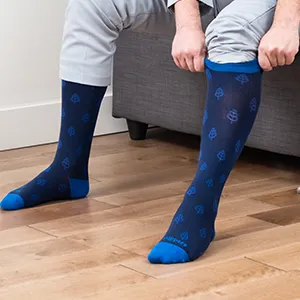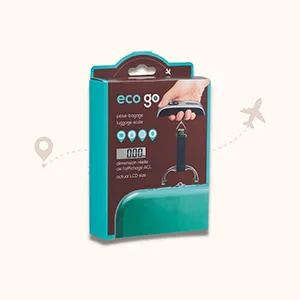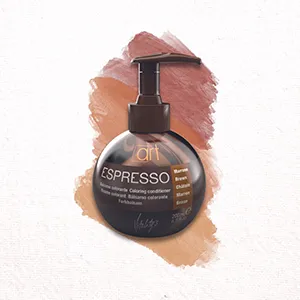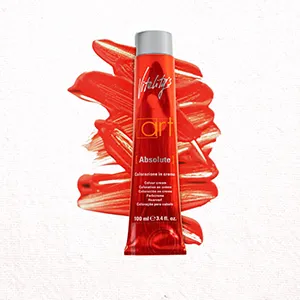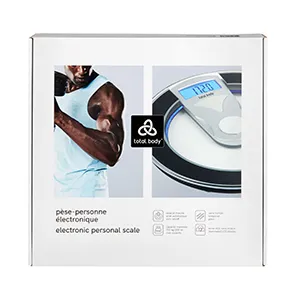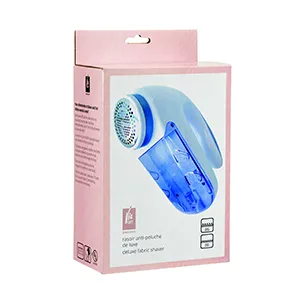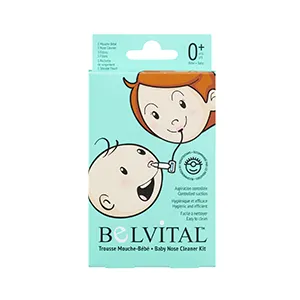April 29, 2022 Dry Eyes: How to Find Relief
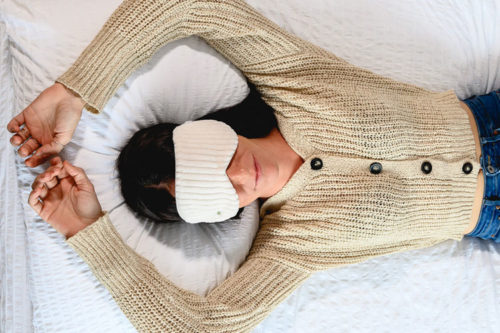
A large number of people − approximately one in three − suffer from dry eyes.
If left untreated, it can cause harmful effects over the long term, but the main issue is that dryness causes discomfort. The good news is that some simple daily habits can help you prevent dry eyes as well as find relief.
The first thing is being able to recognize the signs of dry eyes.
- Dry, itchy or teary eyes
- Redness, discomfort, burning or frequent itchiness
- Sensitivity to light
- Blurry or fluctuating vision
What Causes Dry Eyes?
In most cases, it is because the meibomian glands are inflamed. The meibomian glands produce an oily substance that stabilizes the tear film, a thin layer of tears. People who experience dry eyes produce an irregular tear film, which leads to dryness in certain areas of the cornea. So each time the eye blinks, it causes irritation because it is unable to lubricate itself properly.
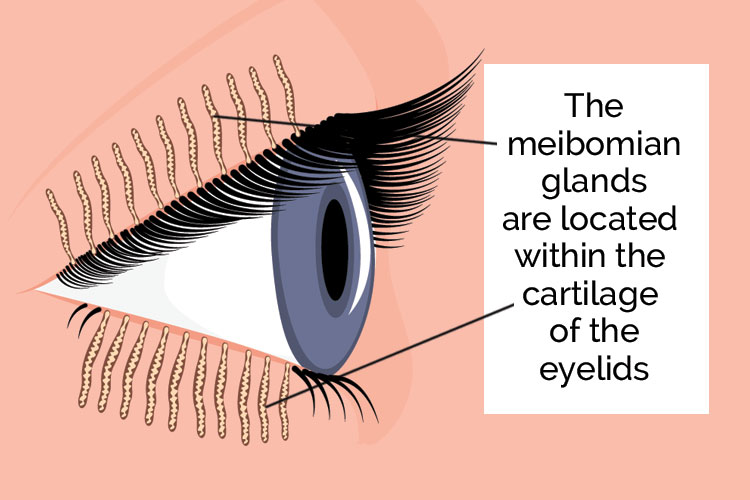
Screens
Did you know that when we are looking at a screen, we tend to blink three times less often? And many times, we don’t close our eyes all the way. Less blinking means less meibomian gland stimulation. These glands are located at the base of our eyelashes. Over time, they can end up weakening
Medications
Certain medications can cause dry eyes as a side effect.
Laser treatments
After laser surgery, eyes are more prone to dryness. During surgery, the corneal nerves are cut, which disrupts communication between the nerves and the eye. Often times, there is a decrease in tear production.
Wearing contact lenses
Contact lenses come into contact with the tear film and can cause a slight imbalance. If you don’t normally produce many tears, you could become prone to dry eyes over time.
Genes, aging and hormones
Some of us are less lucky and our eyes naturally produce fewer tears than others. Additionally, with age, the amount of conjunctival goblet cells and tear production can decrease, leading to less moisture on the surface of the eyes. Hormones can also be a contributing factor
What to do:
- Blink your eyes more regularly. That will allow your meibomian glands to produce more oil and keep your eyes hydrated.
- Avoid screens in your free time. Take breaks regularly (at least once every hour).
- Relieve your eyes with a warm mask : the heat stimulates the meibomian glands. In fact, when your glands are inflamed, the oil solidifies, so the heat will allow the oil to liquify and lubricate your eyes. Just heat up your mask in the microwave for a few seconds. Use it daily and you will see long-term benefits.
- Use eye drops. Using eye drops on a regular basis can alleviate any discomfort. You can ask your optometrist which eye drops would be best for your needs.
- Take dietary supplements. Take an omega-3 supplement − it can help reduce inflammation naturally and contribute to relieving dry eyes.
- Keep your eyelids clean. That will help you reduce the amount of bacteria around your eyes. Bacteria can create more inflammation, increasing the risk of dry eyes. You can ask your optometrist for the right product for you.
It is impossible to completely heal dry eyes, as it is a chronic illness, but by living a healthy lifestyle, you can improve your quality of life and significantly reduce the severity of your symptoms. Discover our warm and cold masks.




